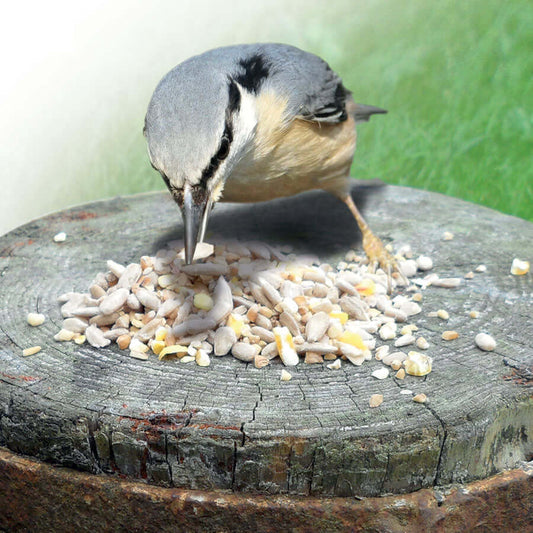Why We Will Never Stop Supporting Our Garden Birds
-

Every morning, before the world fully stirs, the song of birds breaks the silence. For many, this symphony is more than just background music – it is a daily connection to nature, a reminder that life persists in its most delicate forms. Across gardens, balconies, and allotments, millions of people devote time, care, and resources to support their garden birds. But why is this such a deeply ingrained, even passionate, lifelong mission for so many? The answer lies in a combination of emotional connection, ecological responsibility, and the understanding that our own wellbeing is intimately tied to the health of the natural world. Supporting garden birds is not just about feeding small creatures — it’s a symbol of stewardship, community, and hope.
A Lifelong Bond Begins with a Song
For many of us, the love for birds starts early. The thrill of spotting a robin on a snowy branch or hearing the first blackbird song in spring is unforgettable. Birds bring seasonal rhythms into our lives, reminding us of change, resilience, and renewal. This connection often evolves into a quiet but unshakable commitment – to feed, shelter, and protect them.
Unlike other wildlife, birds are accessible. They visit us daily, fluttering outside our windows, nesting in our sheds, or bathing in garden ponds. This familiarity breeds affection. Watching them gives comfort and joy, and that joy, in turn, becomes a source of motivation to give back.
For some, birdwatching turns into a hobby; for others, it becomes a life’s calling. Bird conservation groups, citizen science projects etc.
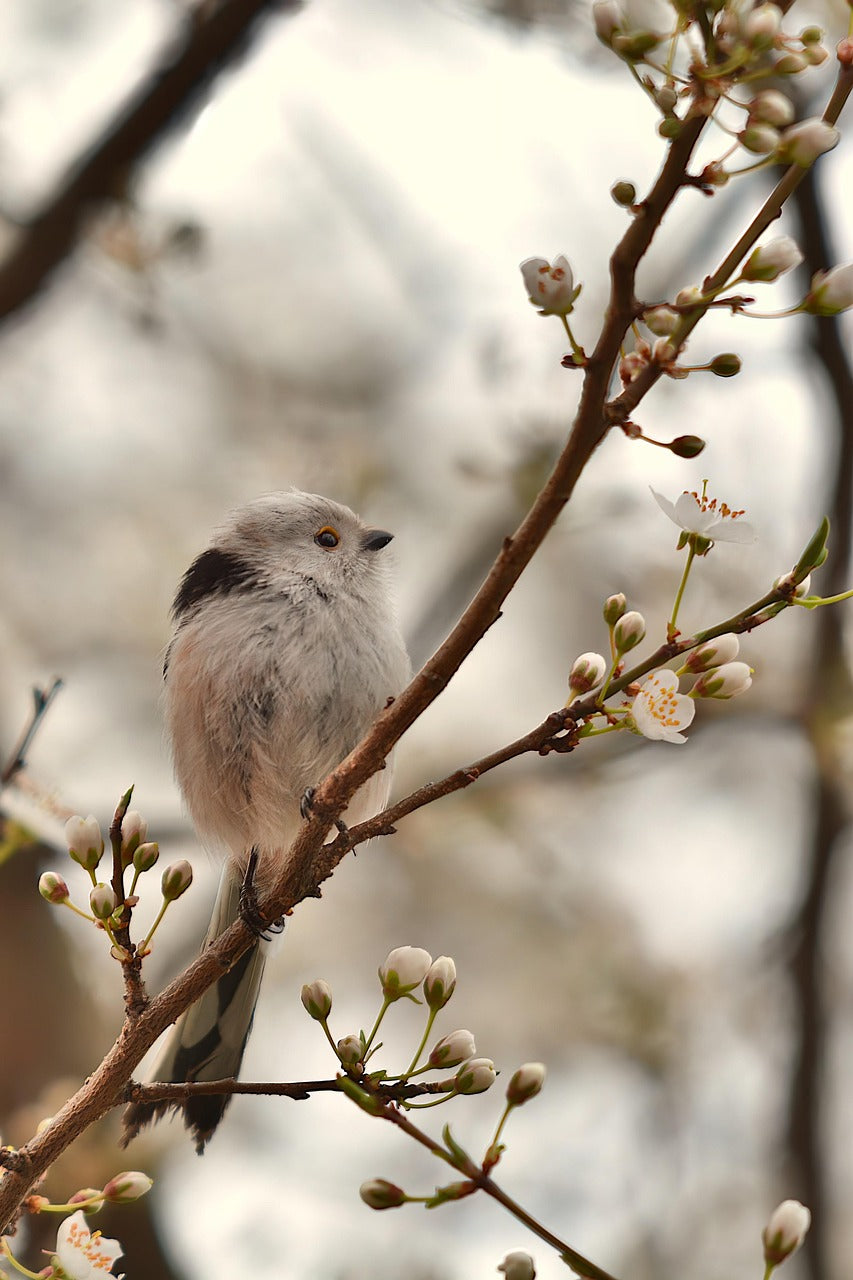
Why Do People Commit for Life?
This mission to protect and support garden birds goes beyond enjoyment. It speaks to something deeper in the human spirit – a sense of responsibility, of being part of a larger whole. In an age where nature is under constant threat, each act of feeding birds or planting
pollinator-friendly shrubs becomes a quiet rebellion against apathy.
Garden bird enthusiasts often talk about
"giving something back". The natural world provides us with so much: air, water, food, peace. Caring for birds is one way to reciprocate. It’s about
recognising that we are not separate from nature but interwoven with it.
Moreover, this commitment is often handed down through generations. Grandparents pass on knowledge of bird calls, nesting habits, and the best kind of seed for each species. Children who grow up witnessing this care often continue the tradition, not out of obligation, but love.
What Birds Give Back: The Key Benefits of Supporting Nature
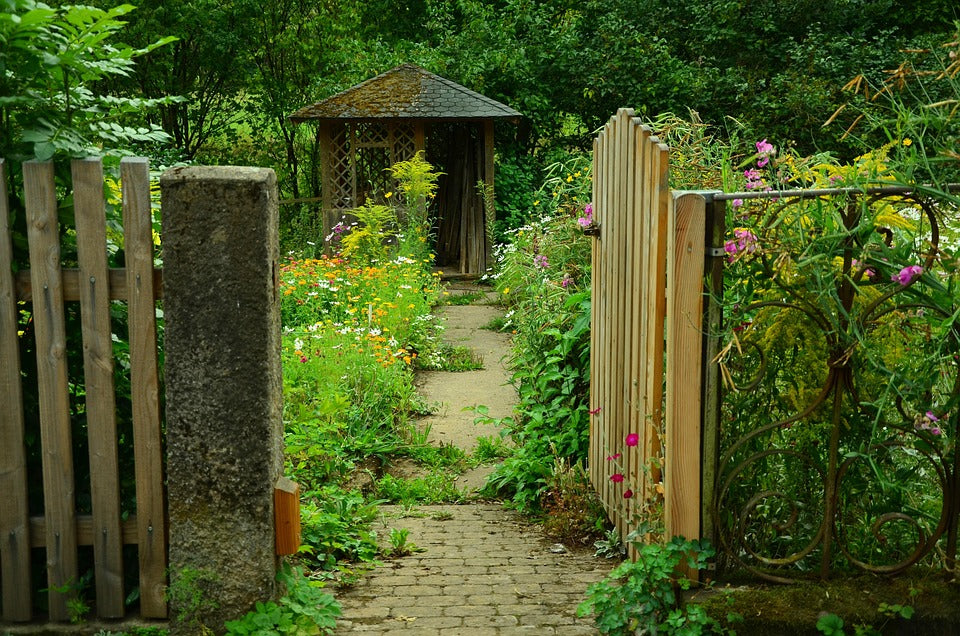
Biodiversity and Ecosystem Health
Birds are crucial indicators of environmental health. A garden full of birds is usually a thriving ecosystem, alive with insects, native plants, and healthy soil. Birds help control pests, pollinate plants, and spread seeds. By supporting them, we support biodiversity on a broader scale.
Even small gardens can become biodiversity hotspots. A single bird feeder or water bowl can attract dozens of species, each playing its part in maintaining ecological balance. The presence of birds ensures that the chain of life – from insects to plants to mammals – remains intact.

Mental and Emotional Wellbeing
Spending time with nature is proven to reduce stress, anxiety, and depression. The act of watching birds, hearing their
calls, or caring for their needs provides calm in a fast-moving world. Especially during times of crisis – such as the recent global pandemic – people found solace in their gardens and the creatures that visited them.
In countries with long, dark winters, the
chirp of a robin or a great tit offers a splash of life and colour. Birds uplift the spirit, encouraging mindfulness and gratitude. Supporting them becomes an act of self-care as well as altruism.
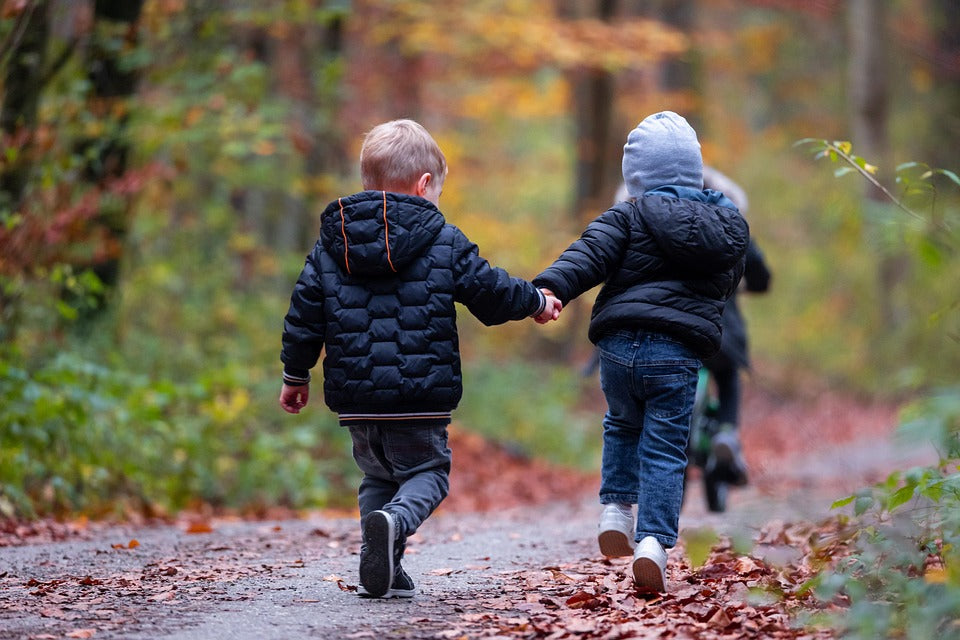
Education and Awareness
Feeding birds sparks curiosity. What is that little brown one with the streaky chest? Why is that magpie burying food? This curiosity leads to learning – about habitats, climate change, conservation efforts. It builds ecological literacy, which is sorely needed in today’s world.
Children, especially, benefit enormously. Engaging with garden birds teaches responsibility, patience, and observation skills. It nurtures compassion and a respect for life that extends far beyond the back garden.
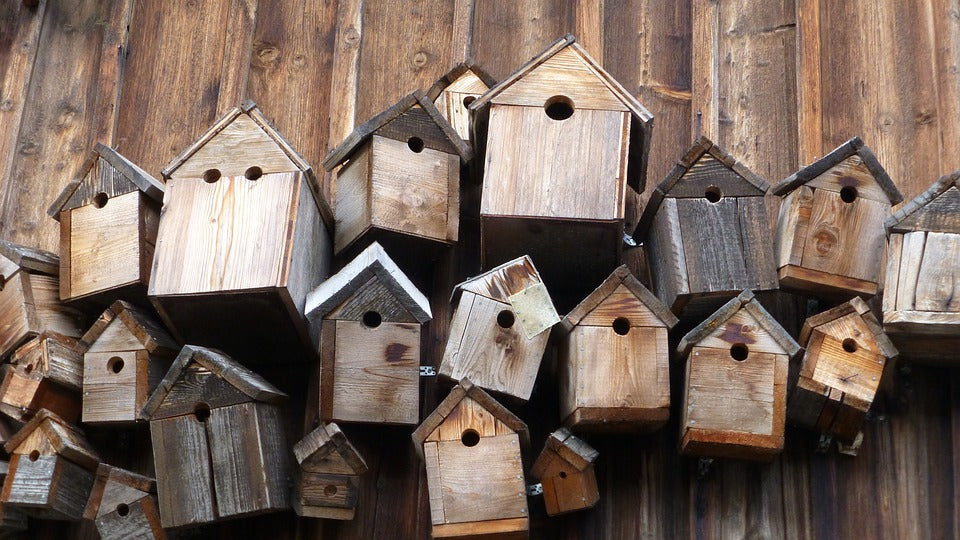
Community and Connection
Bird-friendly gardens bring neighbours
together. People swap stories, share tips, and alert each other to rare sightings. Community noticeboards or local groups often have birdwatching events or nestbox monitoring schemes. Supporting birds fosters a sense of community and shared purpose.

The Bigger Picture: Why This Work Matters
The world is losing birds at an alarming rate. According to recent studies, Europe has seen a staggering decline in common farmland birds due to intensive agriculture, pesticide use, and habitat destruction. What we do in our gardens – small though it may seem, we help reverse these trends. A network of green spaces, however tiny, can provide essential food, shelter, and breeding grounds for bird populations under threat. Urban gardens, rural hedgerows, schools – they all become part of a wider safety net for nature. And it’s not just about birds. When we create safe, nourishing environments for birds, we simultaneously support bees, butterflies, hedgehogs, frogs, and countless other creatures. The web of life depends on interconnected actions, and feeding birds is a vital thread in that web.
How to Keep Supporting Garden Birds
-

Feed regularly
Especially in winter and early spring when natural food is scarce.
-

Plant native shrubs and trees
That offer berries, shelter, and nesting spots.
-

Avoid pesticides and slug pellets
Which harm the entire food chain.
-

Install nest boxes
For different species and clean them annually.
-

Leave parts of the garden ‘wild’
Long grass, deadwood, and leaf piles are rich in insect life.
Haith's best-selling bird food collection
Affordable and available to help you nurture nature
-
Sunflower Hearts - Premium Quality
Vendor:HAITH'S to HOME4.99 / 5.0
(205) 205 total reviews
Regular price From £4.99 GBPRegular priceUnit price / per£4.99 GBPSale price From £4.99 GBP -
Peanuts for Birds - Premium Quality Wild Bird Food
Vendor:HAITH'S to HOME4.8 / 5.0
(103) 103 total reviews
Regular price From £4.28 GBPRegular priceUnit price / per£4.75 GBPSale price From £4.28 GBPSale -
Huskfree Advance™ - No Mess Wild Bird Food
Vendor:HAITH'S TO HOME4.87 / 5.0
(151) 151 total reviews
Regular price From £6.99 GBPRegular priceUnit price / per£6.99 GBPSale price From £6.99 GBP -
Fat Robin™ - Soft & Nutritious Bird Blend
Vendor:HAITH'S to HOME4.45 / 5.0
(20) 20 total reviews
Regular price From £4.99 GBPRegular priceUnit price / per£4.99 GBPSale price From £4.99 GBP
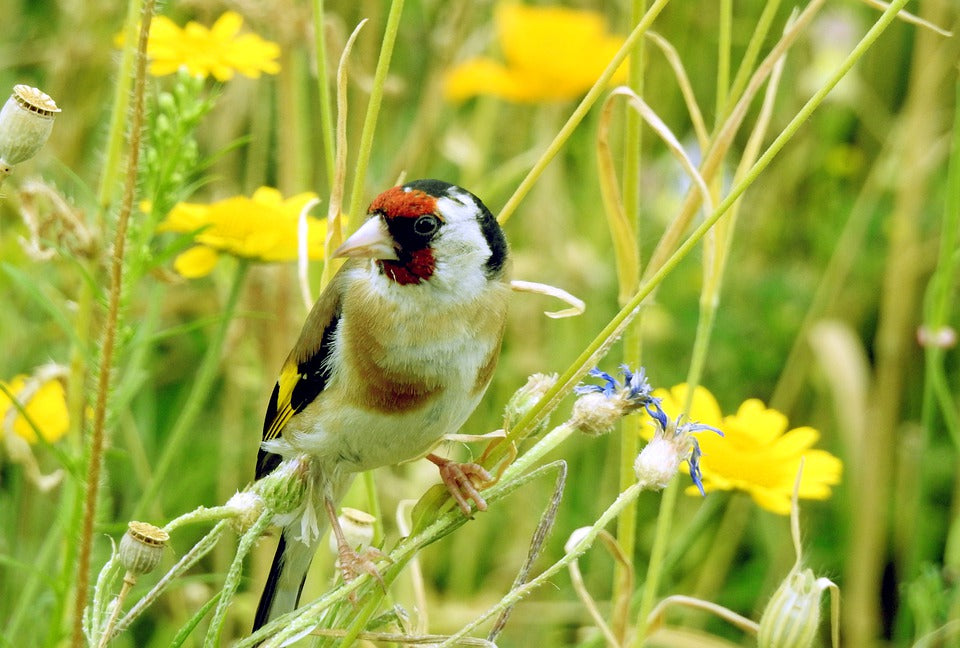
A Shared Future
Supporting garden birds isn’t a trend; it’s a timeless act of kindness and responsibility. For those who’ve made it their life’s mission, the reward is not just in the presence of birds, but in knowing that they are helping to keep nature’s flame alive.
As the world changes, the role of garden bird lovers becomes even more vital. Their daily, humble acts of care form the backbone of a broader movement to protect the environment and preserve beauty for future generations.
We may never know the full impact of hanging a feeder or planting a native bush, but the birds do. And in their songs, every dawn, they thank us in kind.
Written By Chris










